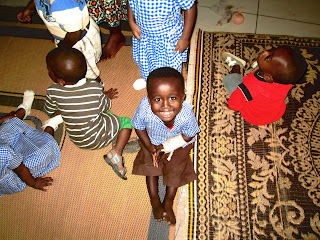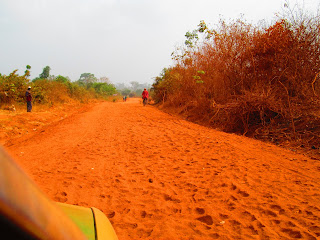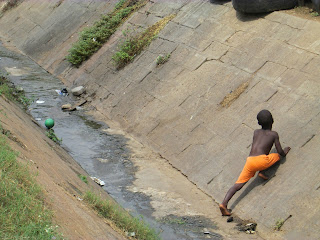Excerpt from the World Bank's feature story on Sept 3, 2013

image credit:http://infoceanhub.com/so-you-dropped-your-phone-down-the-toilet/phone-toilet/ ....."On the sanitation side, people will make do with what they have, if what they really want is out-of-reach. Or, they will choose to spend their money on a higher-priority product like a mobile phone, which is viewed as ‘better value’ and often seen as a status symbol. In Bangladesh, 100 percent of poor families surveyed owned at least one mobile phone, an expenditure that costs twice the amount of a standard improved latrine/toilet ...... Just because consumers don’t have improved sanitation doesn’t mean they will invest in it – even if they have the money".









.JPG)
